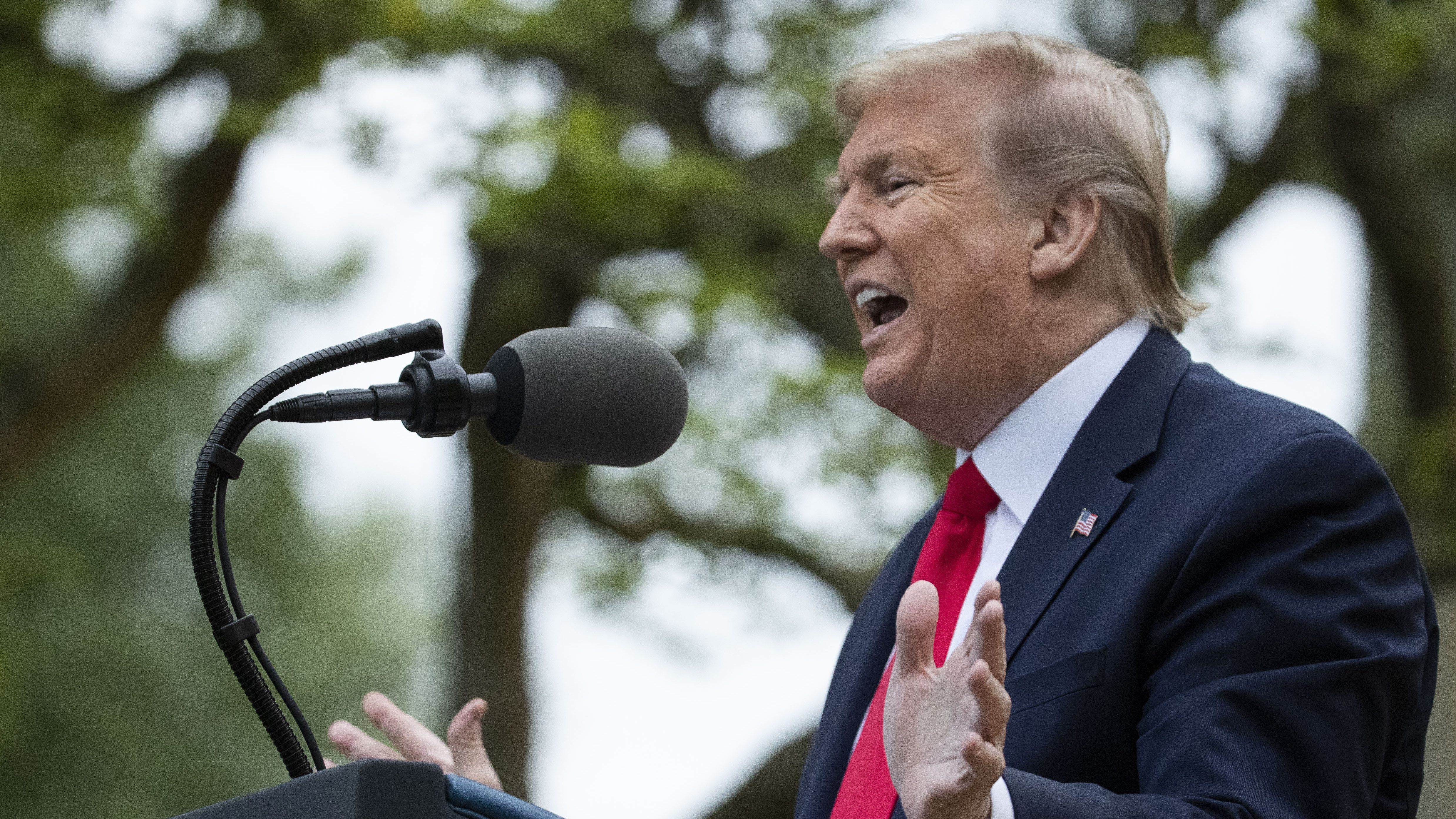Trump’s decision to freeze WHO funding has been condemned

The news: President Trump’s decision to freeze US funding for the World Health Organization has been met with condemnation by political and scientific leaders around the world. Yesterday Trump announced that US funding to the WHO would be suspended for 60 to 90 days pending a review to assess the organization’s “role in severely mismanaging and covering up the spread of the coronavirus.” The US is the single biggest contributor to the WHO, paying it about $500 million last year, of an overall budget of around $6 billion.
The response: Criticism of the move was as sharp as it was swift. These were just some of the comments:
- Antonio Guterres, head of the United Nations, the WHO’s parent organization, said it was “not the time to reduce the resources for the operations of the World Health Organization or any other humanitarian organization in the fight against the virus.”
- EU foreign policy chief Josep Borrell said: “There is no reason justifying this move at a moment when their efforts are needed more than ever to help contain & mitigate the coronavirus pandemic.”
- Richard Horton, the editor in chief of the Lancet medical journal, tweeted that Trump’s decision was “a crime against humanity.”
- Amesh Adalja, a senior scholar at the Johns Hopkins University Center for Health Security, said: “It’s not in the middle of a pandemic that you do this type of thing.”
- Bill Gates, who is the biggest private funder of the WHO, tweeted: “Halting funding for the World Health Organization during a world health crisis is as dangerous as it sounds.”
- Lawrence Gostin, the director of the WHO center on public health and human rights, tweeted that the move would backfire because other countries would step into the vacuum with increased funding. “In global health and amidst a pandemic, America will lose its voice,” said Gostin.
Reality check: The move can be interpreted as an attempt to shift blame for the pandemic, which has hit the US harder than any other country. But the WHO warned the US of the risk of human-to-human transmission of covid-19 as far back as January 10.
Deep Dive
Policy
Is there anything more fascinating than a hidden world?
Some hidden worlds--whether in space, deep in the ocean, or in the form of waves or microbes--remain stubbornly unseen. Here's how technology is being used to reveal them.
What Luddites can teach us about resisting an automated future
Opposing technology isn’t antithetical to progress.
A brief, weird history of brainwashing
L. Ron Hubbard, Operation Midnight Climax, and stochastic terrorism—the race for mind control changed America forever.
Africa’s push to regulate AI starts now
AI is expanding across the continent and new policies are taking shape. But poor digital infrastructure and regulatory bottlenecks could slow adoption.
Stay connected
Get the latest updates from
MIT Technology Review
Discover special offers, top stories, upcoming events, and more.